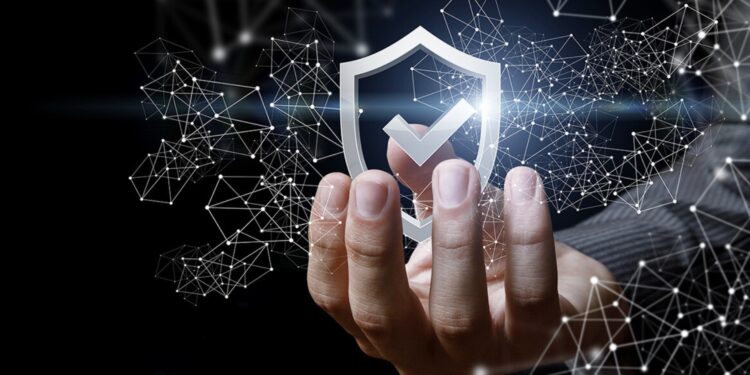Germany is dealing with a growing cyberthreat as it experiences greater flows of digitization and greater geopolitical rivalry. Germany’s Federal Office for Information Security (BSI) has often conveyed its concern about the likelihood of attacks on critical infrastructure such as energy grids, banks or public authorities.
Recent technological trends, such as the proliferation of distributed energy resources and internet-connected devices, have increased the attack surface despite the responsibilities of the system to make infrastructure less vulnerable.
The BSI stresses that an effective attack on Germany’s power supply would be a “horrifying scenario” with de facto societal paralysis and massive economic loss. The agency wants broader authority to regulate and oversee the energy sector and for common cybersecurity standards to cover everyone in the energy sector. This is certainly troubling, as are supply chain attacks aimed at critical systems like solar inverters or grid control technology.
Newly released statistics show that the German public has very little faith in its country’s readiness to tackle cyber security challenges, with most feeling they are not up to the task. Foreign intelligence services and organized crime are viewed as the top threats, and Russia and China are the biggest sources of concern.
Nevertheless, Germany is also further strengthening its cyber resilience. The BSI is boosting cooperation in the field of cyber security with federal states as well as increasing cyber threat information sharing and making incident response more coordinated.
The “Cybernation Germany” program aims to increase national resilience and competence in cyber security, and is supported by the EU’s NIS-2 Directive and Cyber Resilience Act. These requirements for more stringent cybersecurity and incident reporting apply to critical sectors.
International partnerships, like those with Israel on cybersecurity for energy infrastructure, are also important.Promote effective partnerships between industry and government.
Through collaboration work and the sharing of best practices, it is an effort to ensure that security controls remain strong in an interconnected world of power.
Yet, timely execution of cyber security strategies and ensuring similar standards adoption in governance and industry at large remain a challenge. We cannot afford to rest on our laurels albeit we must also continue to invest and adapt to protect Germany’s critical infrastructure and key resources against dynamic and sophisticated cyber threats.
We must continue to emphasise proactive threat intelligence, strengthened monitoring and detection capabilities, and strong incident response planning to keep the nation digitally resilient.










![Online Scam Cases Continue to Rise Despite Crackdowns on Foreign Fraud Networks [Myanmar] Online Scam Cases Continue to Rise Despite Crackdowns on Foreign Fraud Networks [Myanmar]](https://sumtrix.com/wp-content/uploads/2025/06/30-12-120x86.jpg)





